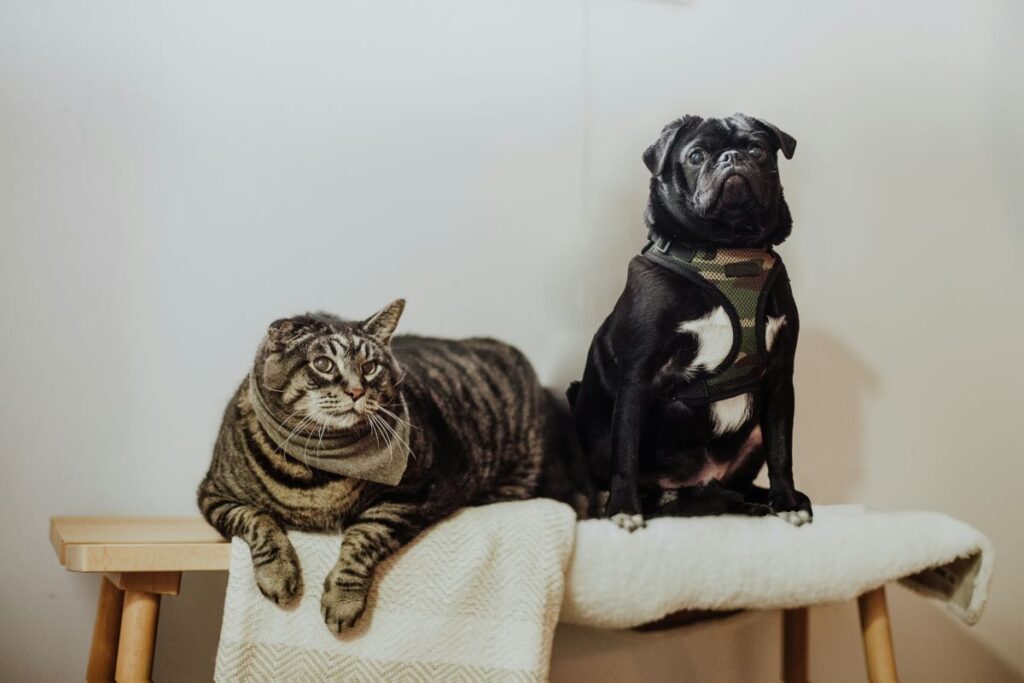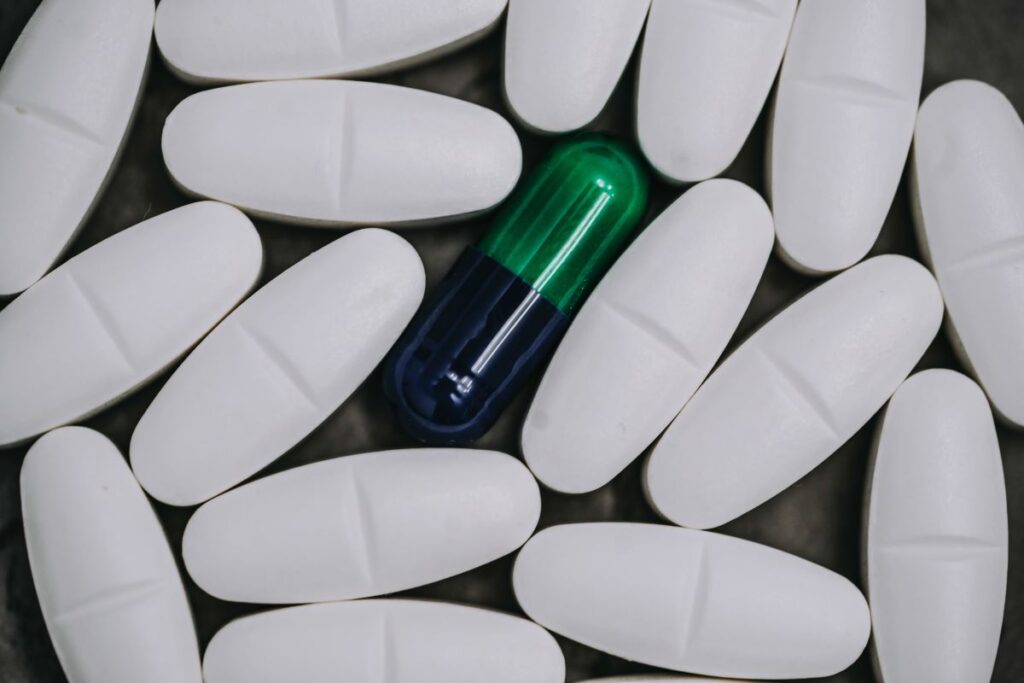
There are probably more common household toxicities in your home than you realize. While we, as pet parents, want to keep our animals as safe as possible, the common reality is that we may not be able to avoid many of these common household toxicities.
It’s vital to our pets health that we educate ourselves on what the most common household toxicities are and keep them safely away from our pets. No one wants to be in a life or death situation with their beloved furry friend when it could be avoided.
Common Household Toxicities: Food
Xylitol
Xylitol is a sweetener found in many gums, desserts, candy, toothpaste and even peanut butter. While it’s a little easier to remember to never feed your pets sweets and candies, it can be a little harder to remember that peanut butter can also be dangerous.
Most dogs can’t resist the peanut buttery goodness and a lot of homemade treats are even made with peanut butter. If you make treats or give your dog peanut butter often, be sure to read the ingredients label. Be 100% certain that all ingredients are safe for your pet.
Alcohol
Just as humans experience alcohol poisoning, so can our pets, but in even smaller doses. If you regularly store alcohol in your home have it secured out of your pets reach. Be sure to clean up spills as soon as they happen so your pet never has the chance to ingest it.
Chocolate

Chances are, you already know that chocolate is toxic to animals, but do you know why? Chocolate contains theobromine and caffeine which are two very toxic ingredients. The amount of caffeine and theobromine can vary depending on which type of chocolate it is. This is why we advise that you stay on the safe side and just avoid giving your pets chocolate all together.
Grapes
Grapes are somewhat of a mystery when it comes to our pets ingesting them. For some it can be fatal if they ingest a single grape. For others, they eat multiple and never experience a symptom. It is still unknown as to what specifically is in grapes that makes them so toxic. But as a rule of thumb keep grapes and raisins away from your pet.
Salt
Keep salty snacks as far away from your pet as possible. Salty foods not only cause dehydration and excessive urination but also, diarrhea, vomiting, depression, tremors and in extreme cases, death.
Common Household Toxicities: Products
Batteries
Be sure to store batteries in a locked drawer or cabinet, out of your pets reach. If your pet accidentally ingests a battery they are exposing themselves to acid which could lead to pain, hypersalivation, vomiting and gastrointestinal ulcers. If you believe your pet has ingested a batter, seek medical attention right away. An x-ray will need to be taken to sure there are no batter parts in the GI tract.
Rodent Poison
While I know most of us don’t want rodents in our house and many of us opt to put out poison, please be very mindful with pets around. If you are going to use poison as a means to keep rodents away, place them in areas that are inaccessible to your pet.
Even the smallest amount of poison could kill your pet. If you believe your pet has ingested even a small amount of poison, contact your vet right away. Bring the original packaging of the poison to your vet’s office so they know exactly how to treat your pet.
Mosquito Repellent
Talk to your vet about a pet-safe mosquito repellent for the whole family. Most repellents contain DEET which animals are very sensitive too. DEET can cause tremors, seizures and in some cases, death.
Common Household Toxicities: Medications

Acetaminophen
While Acetaminophen (or Tylenol) is toxic to both cats and dogs, it’s important to note that it is much more dangerous for cats. They can experience extreme facial and paw swelling as well as severe changes to their red blood cells.
Ibuprofen
Just like with Acetaminophen, while all animals are sensitive to this medication, cats are even more so. Ibuprofen (Advil or Motrin) can cause vomiting, diarrhea, gastric ulceration and bleeding and intestinal perforation. Cats do not contain the enzyme to digest this medication so their symptoms will be even more intense.
Common Household Toxicities: Plants
Sago Palm
While the Sago Palm is a beautiful house plant and is loved by many for its easy care, exercise extremely caution with this plant. The whole plant is extremely toxic to pets and can be fatal if not treated promptly.
Philodendron
This is another very common plant, known for it’s minimal upkeep and beautiful “ivy-like” foliage. While beautiful to us, Philodendron’s contain calcium oxalate crystals which cause burns to the mouth, excessive drooling and vomiting.
Aloe
A lot of people love this plant not only for its beauty, but for it’s medicinal purposes. While the inside of the plant is considered non-toxic and is used widely on burns and scrapes, never use it on your pet. Chewing on the plant itself can cause lethargy, vomiting and diarrhea.
While it can be almost impossible to avoid common household toxicities in your home all together, it’s important to know how to keep our pets safe and what to do in an emergency. Keep all common household toxicities out of your pets reach and be sure to contact your veterinarian if you believe your pet has ingested any of the items listed above.

